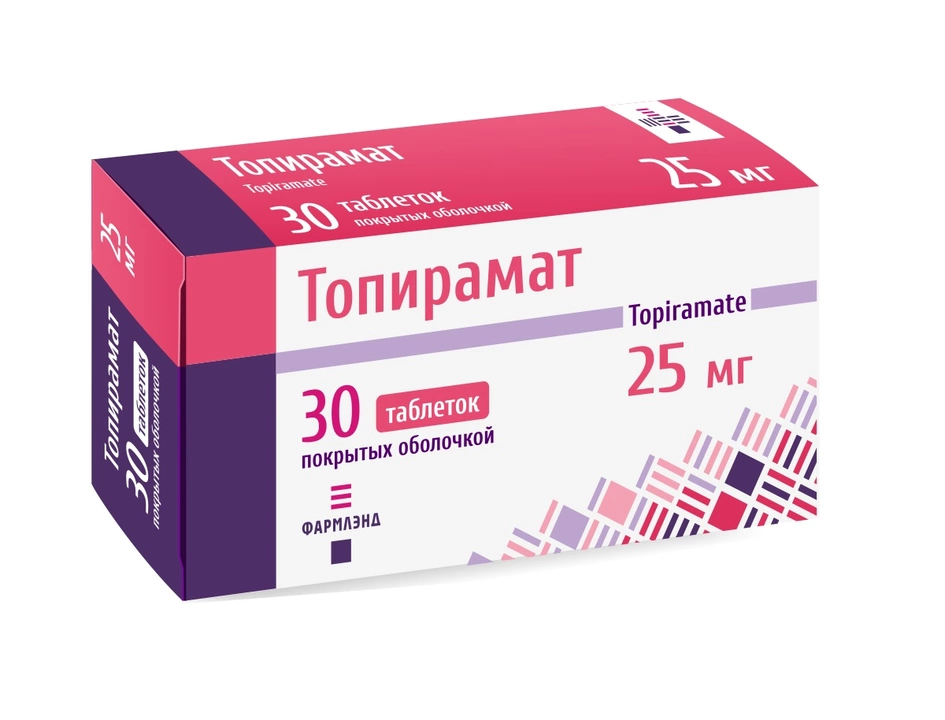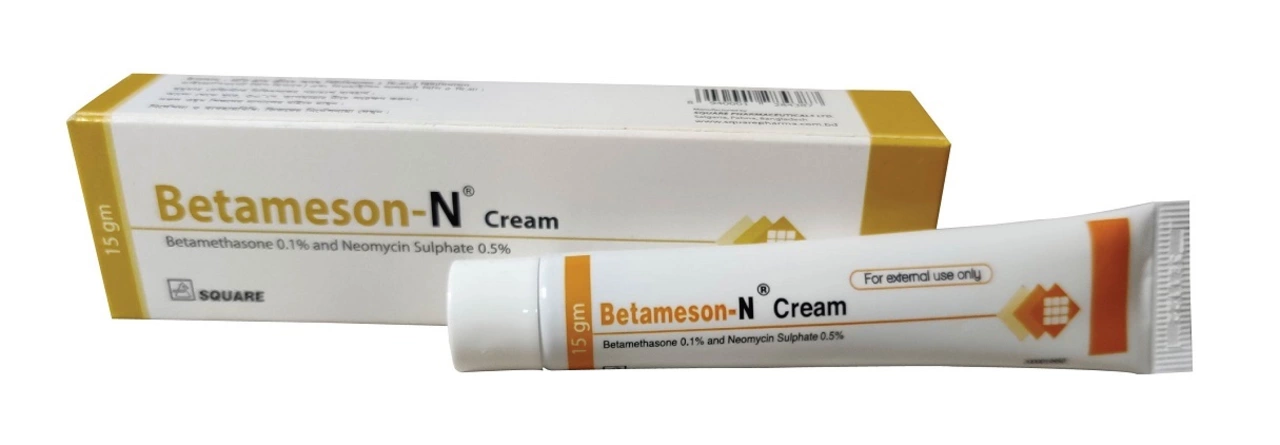Benefits: real health perks from drugs, supplements and care
Want clear, usable info on the benefits people actually get from medicines and supplements? This tag collects straight answers—what works, who sees results, and what to watch for. You’ll find plain descriptions of benefits, real-world tips, and safety notes so you can decide faster and smarter.
We cover a mix of prescription meds and natural options. For example, Asparagus Racemosus is written up for digestive support and stress relief in some people. Wheat bran gets attention for improving bowel regularity and helping cholesterol control. Prescription treatments such as Pred Forte reduce eye inflammation, and drugs like Lasix remove excess fluid for heart failure or swollen legs. Each page explains how the benefit shows up, how long it usually takes, and which risks come with it.
How we explain benefits
Every article breaks benefits into three simple parts: what the benefit is, how fast you might notice it, and what side effects or interactions could change the outcome. We mix short research summaries with real user notes so you don’t have to read dense papers. When a benefit is limited or uncertain, we say so. When a treatment clearly helps most people, we say that too. You’ll also find alternatives when a drug or supplement isn’t a good fit.
Examples you’ll see here: Zovirax (acyclovir) speeds healing of herpes outbreaks and can reduce pain when started early. Xyzal helps many people with seasonal allergy symptoms like sneezing and itching. Forxiga can lower blood sugar and help with weight loss in some patients with type 2 diabetes. These are concrete benefits tied to real outcomes—not vague claims.
How to judge a claimed benefit
Ask four quick questions before you try anything: 1) Who benefits most—age, condition, or severity? 2) How quickly does benefit appear and how long does it last? 3) What are common side effects or dangerous interactions? 4) Is the benefit supported by clinical trials or mainly anecdote? If you can answer these, you’re already making safer choices.
When you decide to try something, start with a plan: check dose, set a short trial period, track one or two clear signs of improvement, and note any side effects. Talk to your clinician if you have other conditions or take other meds. If you buy online, prefer pharmacies with clear contact info, pharmacist support, and verified reviews.
This tag is designed to be practical. Use it to compare options, prepare questions for your doctor, and learn what to expect day to day. You’ll get concrete benefit descriptions, real safety tips, and clear next steps—no fluff, just helpful information you can act on.

Topiramate: An Overview of Its Uses and Benefits
In my recent research, I've discovered that Topiramate is a versatile medication with a wide range of uses and benefits. Primarily, it's prescribed as an anticonvulsant for treating epilepsy, but it's also effective in managing migraine headaches. Additionally, Topiramate has been found to help with weight loss, especially when used in combination with other medications. Although it can have some side effects, most people tolerate it well. Overall, Topiramate seems to be a promising option for addressing various health conditions.

The benefits of using betamethasone for skin conditions in children
As a parent, I've found that using betamethasone for my child's skin conditions has been a game-changer. This powerful corticosteroid cream has effectively reduced inflammation and itching, giving my little one much-needed relief. I noticed that their skin began to heal faster, and they were able to sleep better at night without constantly scratching. Another great thing about betamethasone is that it's available in different strengths, making it suitable for various skin conditions in children. Overall, I highly recommend giving betamethasone a try if your child is struggling with skin issues.
